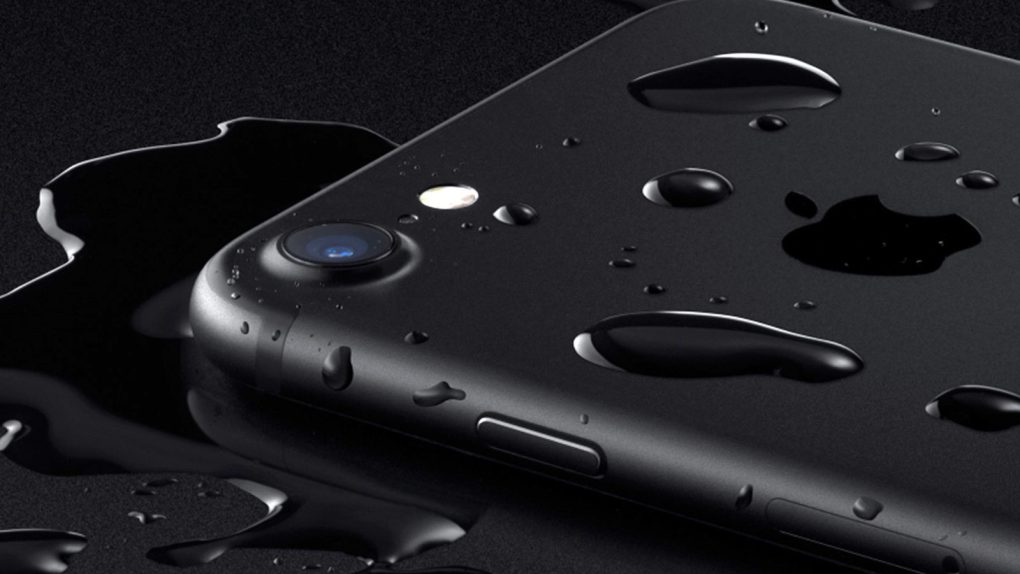For years, the Apple rumormill has subsisted for the months before an iPhone launch solely on blurry photos of prototype components smuggled out of Chinese factories. The components make it out into the world because of the difficulties involved with prototyping components at speed and then rush-shipping them to the US — somewhere in there, leaks happen.
So, something that looks like a minor piece of industry news could cause major problems for iPhone watchers. Apple has already announced that it will be building an R&D center in Shenzen, the Chinese city where its iPhones are already assembled. Now, according to Nikkei Asian Review, Apple manufacturing partner Foxconn will be setting up a prototyping factory right next door. Presumably, components will be designed in Apple’s center, sent over the road for prototype manufacturing, and delivered to Apple for tweaks — all without a single blogger getting one blurry photograph of the proceedings.
Secrecy may genuinely be a motivating factor for Apple, given that its products have been heavily leaked in the past few years, which reduces Apple’s famous showmanship value when whipping the covers off a new device. But bigger benefits are probably to be found in faster prototyping and tighter links between R&D and the manufacturing process.
Reports around recent iPhone launches have hinted that Apple is rushing to get features out of the door, which leads to phones launching with incomplete designs — the iPhone 7 Plus’s signature Portrait Mode was enabled a month after the phone shipped to customers — or deadlines being missed altogether, like the months-delayed AirPods.
One Apple source told BGR that the AirPod delay was due to problems going from prototype to mass production, and Apple had to fly teams of engineers out to China to help teams there troubleshoot. The obvious solution to fix that in the future is more closely integrated R&D, prototyping and manufacturing, which sounds exactly like what Apple and Foxconn are trying to do in Shenzen.
The Nikkei report also shines a light on the more political side of Apple and Chinese manufacturing. Despite receiving an invitation, Foxconn Chairman Terry Gou will not be attending Trump’s inauguration at the orders of Chinese authorities. They apparently have concerns over Foxconn’s plans to build highly automated factories in the US, one option that would be on the table were President Trump to impose import tariffs on Chinese-made electronics.










